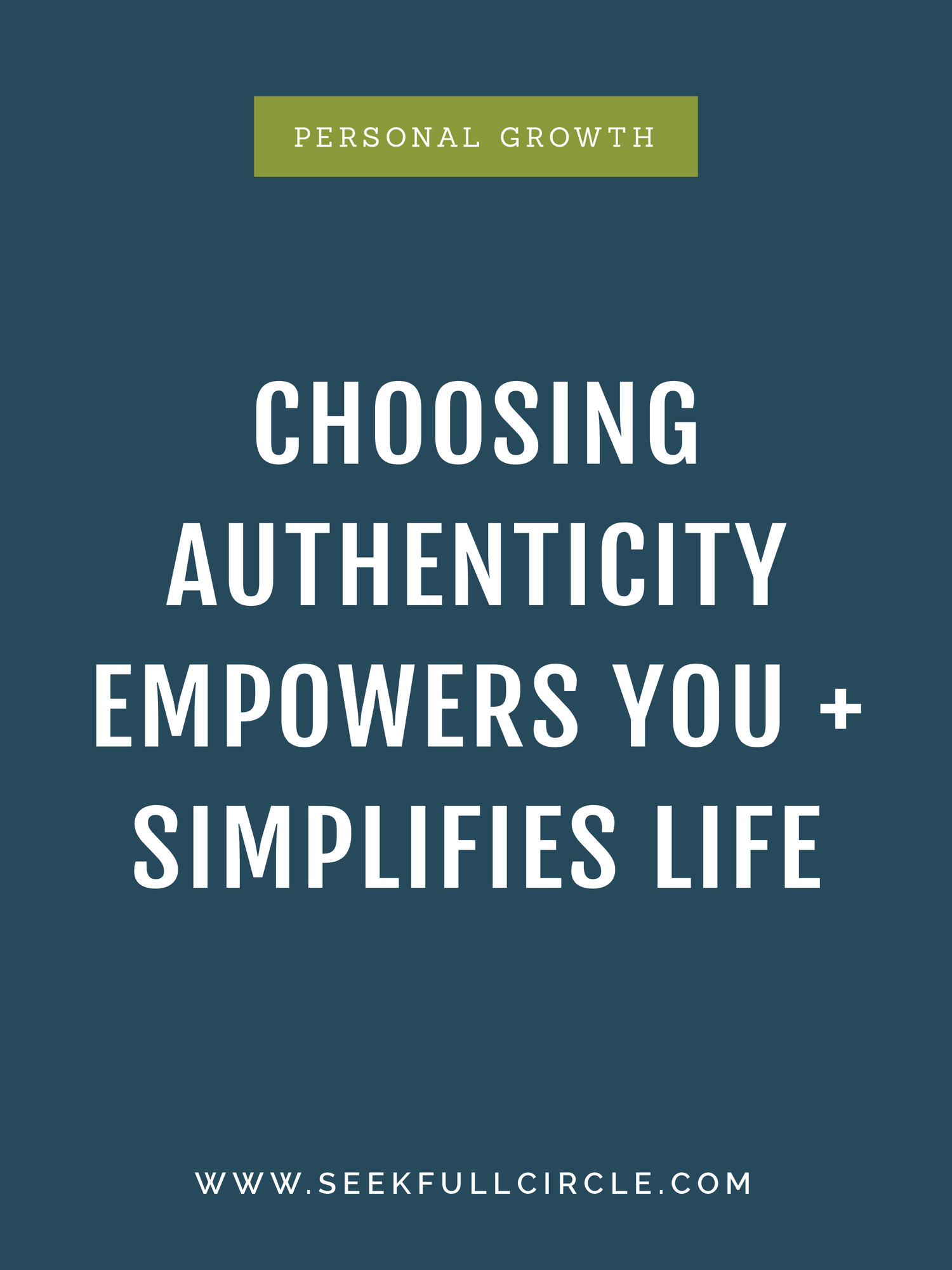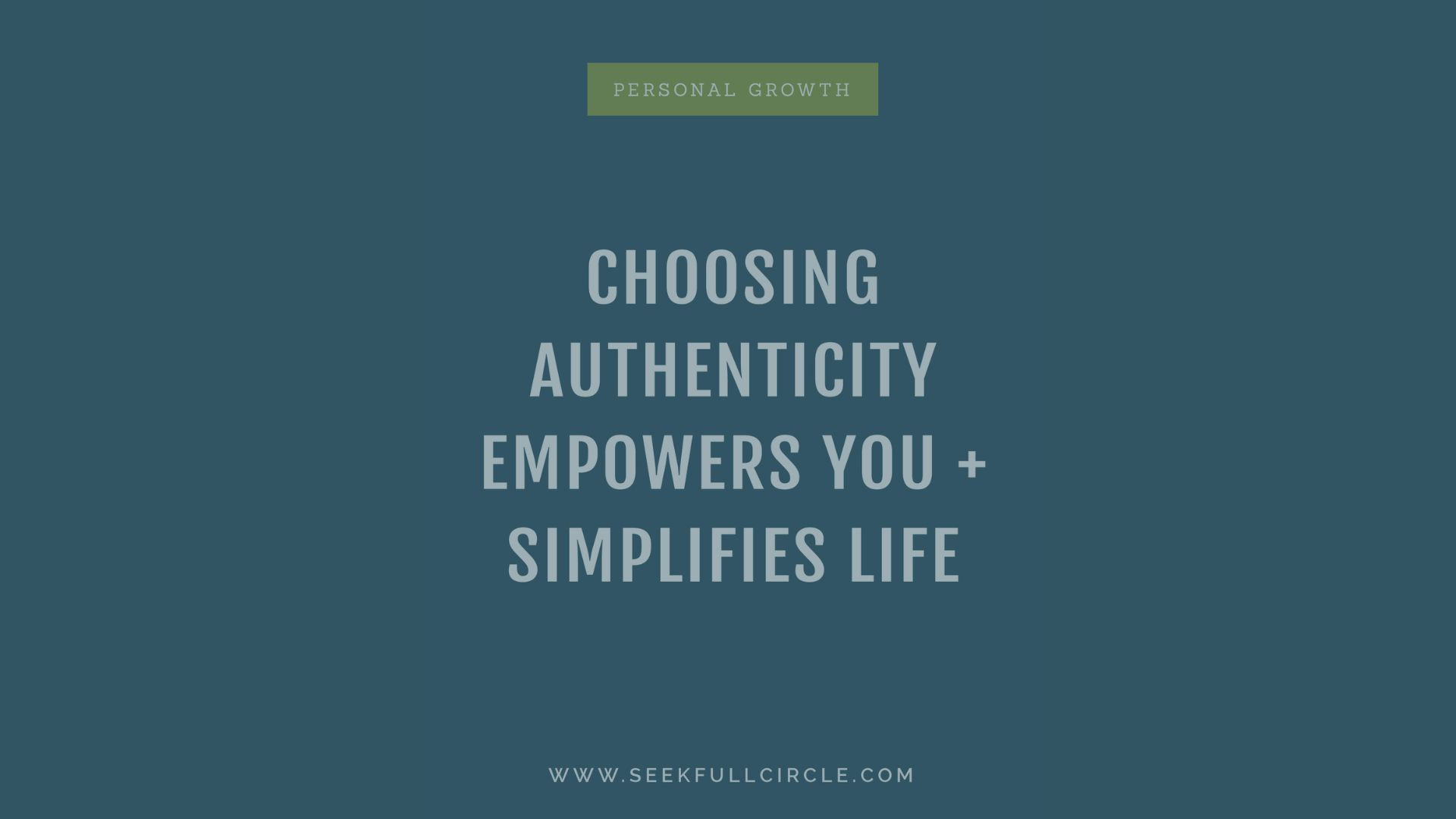
I’m one lucky woman. Over the past several months, I’ve had the privilege of sharing space with curious, eager-to-learn people who are willing to open their minds. Whether speaking at a host of events around the metro such as the Downtown Des Moines Chamber Leadership Education Awareness Pipeline (LEAP), conducting work sessions with clients or engaging with Lunch ’n Learn attendees, the experiences proved to be electrifying and humbling. There’s one simple reason why. And it’s best captured in one word.
Authenticity
The choice to “put myself out there” in the public speaking realm initially terrified me. An 18-year hiatus, in hindsight, wasn’t the best choice. But it was my reality. And eventually I discovered there were two choices – continue shying away from “putting myself out there” or embrace my discomfort (otherwise known as embracing the suck) and be empowered by the journey of doing the one thing a majority of people fear more than death.
The clarity gained from that simple yet heart-stopping choice catapulted me to new arenas. And my passion to empower others to “dust off” their Emotional Intelligence (EQ) is stronger than ever. The best part: It’s the result of nothing I could’ve anticipated or scripted. The inability to control the outcome is hugely liberating for my recovering perfectionism. Perfect was the greatest inhibitor to my own EQ. Without a doubt, admitting that to a group of strangers was the key to unlocking authenticity in myself and those sharing space with me.
Most people find it difficult to show up authentically at work. Because we don’t choose our co-workers, blending in (or morphing into the person we assume everyone wants to work with) seems like the most practical and professional approach. It feels easy enough. After all, isn’t there typically less conflict when we get along with others?
While the short-sighted answer may be an obvious, “Yes!” the more important long-term perspective is a resounding, “No!”
A recent Fast Company article illustrates the impact of inauthenticity at work. Consider psychologists’ long-suspected link between authenticity and happiness. In fact, psychologists have long suspected that a link exists between authenticity and happiness. A 2008 study published in the Journal of Counseling Psychology helped prove the connection. Researchers found that authenticity (defined as “being true to oneself in most situations”) correlated with higher self-esteem, lower stress and greater life satisfaction.
“We know that happier people are more productive, more creative, and better team players,” says Manuel Kraus, a positive psychology specialist who teaches a Udemy.com class called “Authentic Living: The Psychology of Authenticity.” He says that inauthenticity is also draining: “It takes a toll on our energy and mental capacity to pretend we’re someone we’re not.”
Here’s an analogy I provided a leader I used to coach. “John” was an extremely likeable person with many admirable qualities. Among them his compassion for individuals with disabilities. For years, “John” held various board positions for an organization known for providing a spectrum of opportunities and care for individuals 24 hours a day, 7 days a week, and 365 days a year.
During his board tenure, he had the chance to interact with the disabled individuals (referred to as consumers). Such experiences, albeit brief, triggered something in “John” not seen anywhere else. My observation and that of others led to the following conclusion: It was as if a different “John” showed up around the consumers. There was an unmistakable light in his eyes every time he was with them. He was, engaged, lighthearted and relaxed. The light shining around him wasn’t nearly as bright within the walls of the company he led.
One day, I found myself sitting across from “John” at the small round table in his executive office suite. We were discussing his leadership style and I was struggling to find a way to illustrate my and others’ observations about the difference in how he showed up with consumers versus at work. Then, it hit me. “John” was struggling with an all-too-common leadership challenge – a sense of disconnect with those they lead. Conversations with his team indicated the perception that he put on a mask before heading into the office every morning. Previous attempts to communicate this disconnect message had fallen on deaf ears. This time was different.
I held up my left hand with my palm facing “John”. Pointing with my right hand’s index finger, I said, “This is what people see when you’re around the consumers.”
I turned my hand 180 degrees, revealing my hand’s opposite side. Again pointing at it with my right hand’s index finger I stated, “This is what people see when you’re at work. It’s two different people. Your team wants to see this guy.” And a 180-degree hand flip ensued so my palm was again facing him.
Although he grasped the revelation, “John” didn’t make the connection between his authentic self and his work life in a way that positively altered his leadership style. Ultimately, those who worked with him grew tired of the inauthentic “John”. Some of his best people left the company to pursue other opportunities.
This experience frequently comes to mind when discussing the value of authenticity with others. It’s also something I recall when the inner voice I sometimes hear attempts to convince me it’s easier to keep hiding than to show up authentically.
Choosing authenticity builds momentum and creates deeper connectivity among others. Because I show up authentically to speaking engagements and to clients, they are more comfortable showing up authentically to me. When this occurs, we have more meaningful and synergistic interactions. There’s an energy that empowers flow and forward movement toward learning and goals.
I believe authenticity is contagious; highly contagious in fact. When you choose authenticity, you quietly give others permission and encouragement to do the same. Once you get a sense of how empowering and liberating it is, it’s a path that leads to unprecedented clarity. The ‘right’ thing is simpler to see and easier to decide. Eventually, authenticity is your go-to way of being and your ego has a harder time convincing you otherwise.
Once you’ve decided to “show up” authentically, here are three tips to solidifying this way of being:
1. Identify why you’re uncomfortable being real.
Did something happen earlier in life where you were led to believe your authentic self wasn’t good enough? Is your perception based on assumptions that others won’t like the real you? Are you caught up in the vicious circle of trying to meet others’ expectations of you rather than your expectations of self?
2. Acknowledge the whys you identified in step one.
Express gratitude for the insight and release the thinking pattern. By releasing old thinking patterns, you no longer overload your mind and compromise its capacity. Instead, you make room for new thoughts which, in turn, lead to new behaviors.
3. Practice being authentic with people you trust.
By practicing with those you feel safe with, you will avoid being or feeling rejected – often the root of inauthenticity. Once you experience some authenticity wins, you will feel better equipped to show up that way with others outside your circle. Eventually, your authentic being will be your default behavior.
As you move forward, empowered to show up authentically at work, make mental or actual notes about: 1) how you feel 2) the impact on how others related with you.
As Steve Maraboli once said, “Live authentically. Why would you continue to compromise something that’s beautiful to create something that is fake?”
